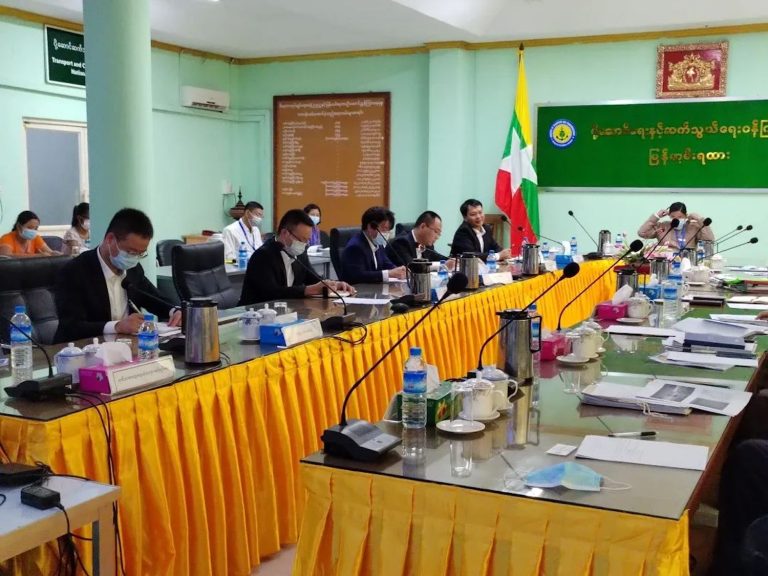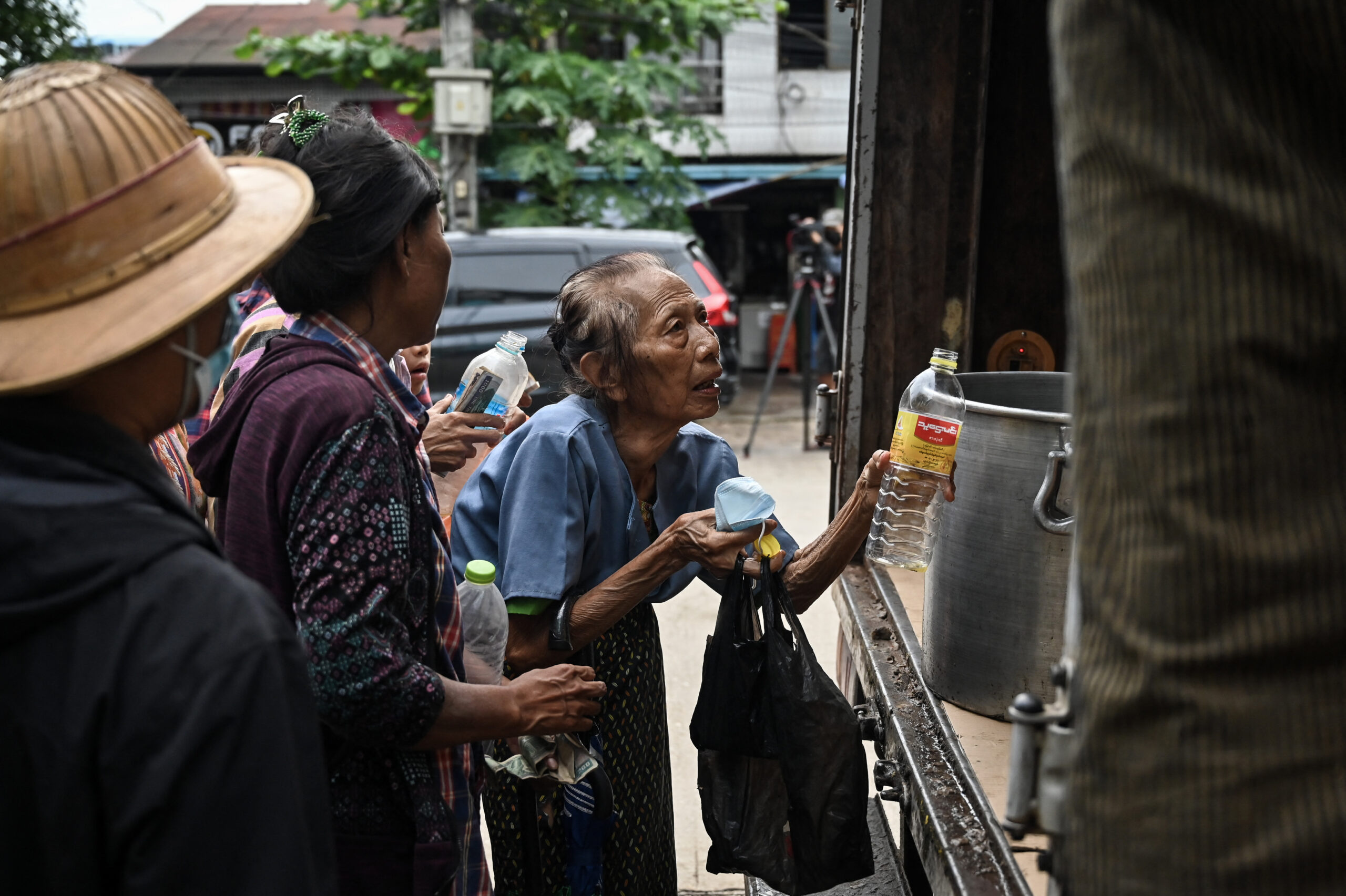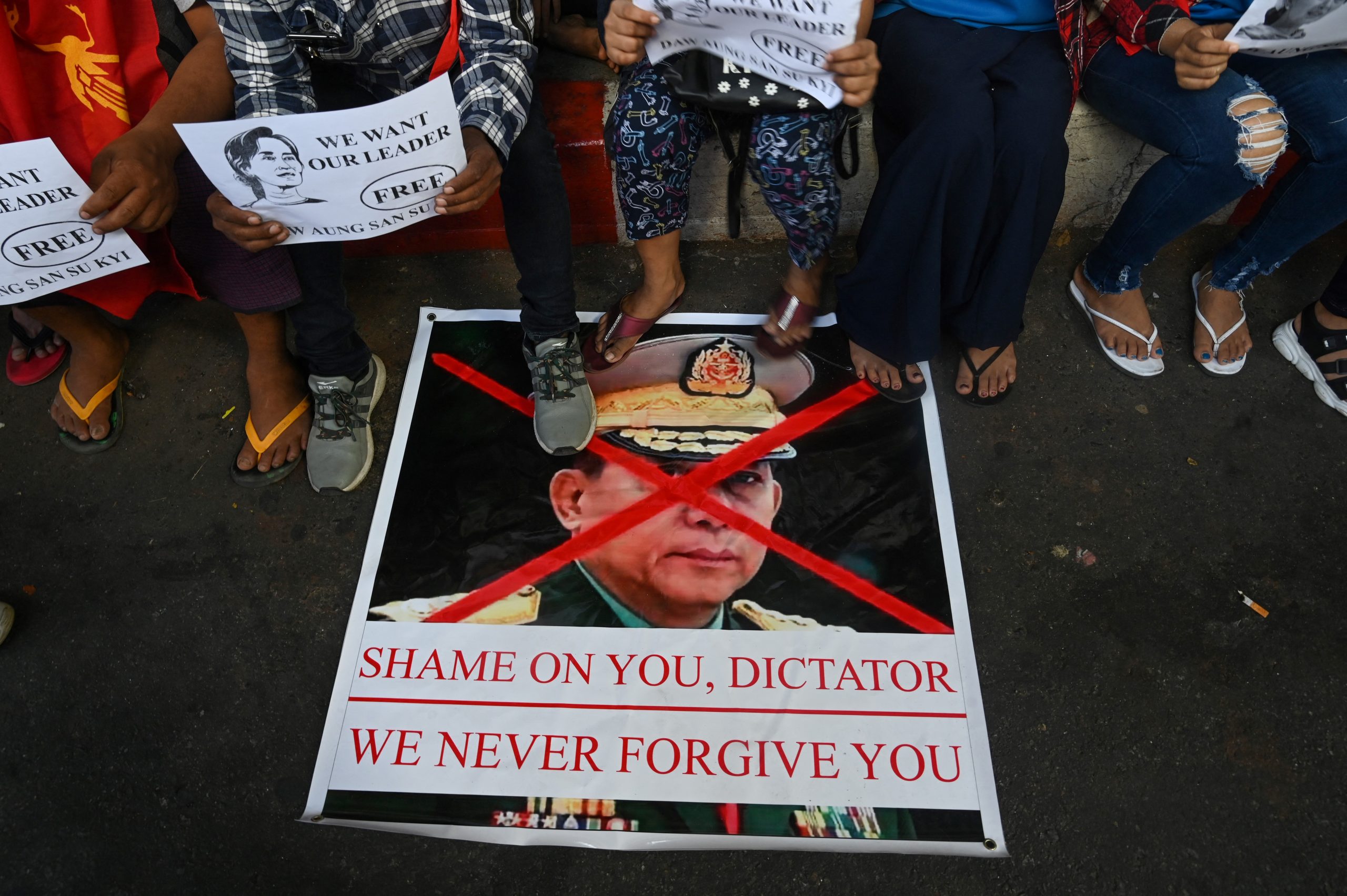The first phase of the vast Thilawa Special Economic Zone on Yangon’s southeastern outskirts was formally opened last week in a major step towards boosting industrialisation in Myanmar.
The SEZ, on a 2,400-hectare (5,900-acre) site on the Yangon River being developed by a consortium of Japanese companies in partnership with the government, is expected to make a significant contribution to attracting foreign investment.
The SEZ would help Myanmar to catch up on missed investment opportunities that other countries in the region had enjoyed, Vice President U Nyan Tun told the opening ceremony on September 24, AFP reported.
The ceremony was also attended by Japan’s Deputy Prime Minister and Finance Minister, Mr Taro Aso, and Minister for Economy, Trade and Industry, Mr Yosuke Takagi.
More than 20 Japanese companies are among the 48 to have invested in the SEZ, as well as firms from another 13 countries, including China, South Korea, the United States, Singapore, Malaysia, Vietnam and Australia, and four from Myanmar, media reports said.
Support more independent journalism like this. Sign up to be a Frontier member.
Most of the companies are in the manufacturing sector.
Work on the SEZ began in 2013 and it is expected to create 40,000 jobs when it becomes fully operational in 2016, reports said.
The development of the 400-hectare first phase has not been without controversy, with dozens of relocated farmers saying the government had refused to compensate them for their land.
The government rejected the accusation, saying the farmers did not own the land but said they would be compensated for lost income.
The development of the SEZ will result in the relocation of about 900 families.
Thilawa is the first SEZ to go into operation in Myanmar, with others under development at Dawei in Thanintharyi Region and Kyaukphyu in Rakhine State.






